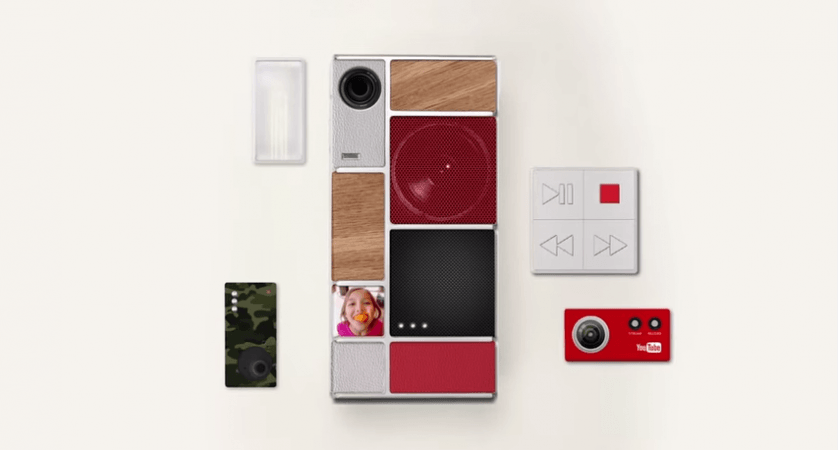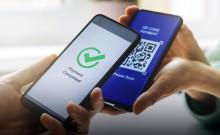
Project Ara gives people the freedom to create a smartphone without any limitations. Ever since the initiative was announced in 2013, it has been one of the most talked-about topics. Sadly, there was no development until Google showed off its first working prototype at Google I/O last year.
Now, Google rests the anticipation of thousands of people by announcing the commercial release of the modular smartphones later this year. The first market to officially get their hands on will be Puerto Rico, mainly because the US territory has high reliance on mobile phones.
Google released a video on YouTube to demonstrate the concept of modular phones. Google also revealed in a conference at its Mountain View, California head quarters that the pilot will commence later this year in Puerto Rico. Upon success, the web giant will further explore possibilities of branching it out to other parts of the world.
Project Ara by Google is a unique idea where people can create phones by mix-matching different parts. Everything from a camera to a display and processor to battery can be swapped. If the processor is outdated, customers can buy the latest one and swap it and if they need a bigger battery for long run, all it takes is a new one. Project Ara goes beyond customising software and applications on a smartphone.
The current prototype shown in the video is Spiral 2, according to Google. The skeleton of the handset has two modules in the front for the display and receiver. The rear side features eight modules for components like camera, battery, speaker and microUSB adaptor, reported The Verge.
In another report from The Verge, the Spiral 3 will be more advanced than the current prototype, offering 4G LTE, dual-camera, long battery life and more. Google also plans to have 20 to 30 modules and an Ara manager to assist with different modules and their compatibility.
In Puerto Rico, Google will offer Ara Marketplace and Ara Configurator apps to help consumers customise their devices. Additionally, there will be truck stores that will let consumers experience modular phones first hand before buying them.
















